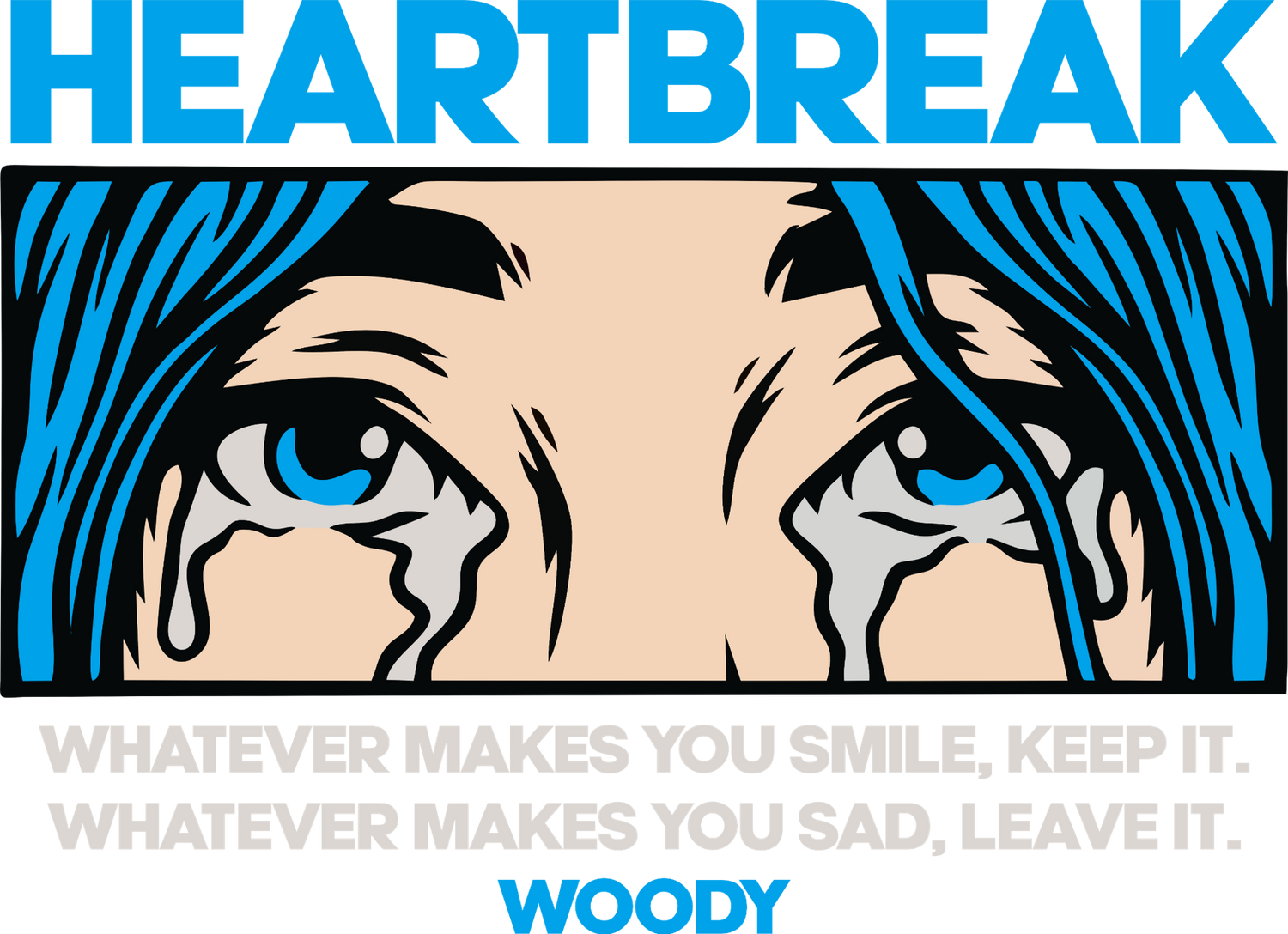
Should Therapists Be Considered First Responders?
Share
Should Therapists Be Considered First Responders?
When we think of first responders, we typically envision firefighters, police officers, and paramedics—heroes who race to the scene of accidents, fires, and emergencies to save lives and prevent physical harm. Their roles are essential and revered, as they address the immediate physical wounds we can see. But what about the wounds we can’t see?
Mental health struggles are often invisible, but they are just as critical and life-threatening as physical injuries. In the United States alone, nearly one in five adults experiences mental illness each year, equating to approximately 60 million people. Among youth aged 6-17, 16.5% are diagnosed with a mental health disorder annually. These statistics are staggering, yet mental health continues to be under-addressed in many aspects of our society, including how we define and recognize first responders.
I believe therapists are the unsung heroes of mental health crises. They step into the emotional battlefield, addressing wounds that aren’t visible but are no less real. Think about it: just as paramedics stabilize physical injuries on the way to the hospital, therapists stabilize mental states, helping individuals find the tools to manage anxiety, depression, suicidal ideation, and trauma. And sometimes, their intervention is the only thing standing between someone and the worst decision of their life.
As someone who has struggled with my own mental health, I’ve seen firsthand how vital therapists are. I remember moments when I felt like the world was crashing down around me, and I didn’t know how to pick up the pieces. A therapist became the person who helped me put those pieces back together. They didn’t just listen—they guided me, equipped me with coping strategies, and reminded me that healing was possible. If that isn’t being a first responder, then what is?
Unfortunately, society doesn’t always see it that way. First responders are typically defined by their ability to react to visible, immediate emergencies. There are flashing lights, sirens, and chaotic scenes. The work therapists do, on the other hand, often takes place behind closed doors. It’s quieter, less visible—but no less urgent or impactful. I think this lack of visibility has led to a lack of recognition.
But here’s the thing: not all emergencies are physical. A panic attack, for example, can feel just as life-threatening as a heart attack. Depression can be just as debilitating as a broken bone. And yet, when it comes to mental health, the response system is still inadequate. In many cases, law enforcement officers become the de facto first responders to mental health crises—a role they’re not always equipped to handle. In 2018, approximately 25% of people fatally shot by police had a mental illness. That statistic alone should make us question how we’re addressing mental health emergencies.
Imagine if therapists were more integrated into our emergency response systems. What if every community had mental health first responders available 24/7, much like paramedics? What if calling 911 for a mental health crisis automatically dispatched a therapist or a trained mental health professional? Programs like Crisis Intervention Teams (CIT) are a step in the right direction, but they’re not enough.
Therapists don’t just respond to crises; they prevent them. Their work helps individuals build resilience, manage stress, and heal from past traumas, which in turn reduces the likelihood of future emergencies. I believe that makes their role just as essential as that of a firefighter, police officer, or paramedic.
Mental health is health—period! And just as we wouldn’t question the need for a paramedic to treat a heart attack, we shouldn’t question the need for a therapist to treat a panic attack or suicidal thoughts. Both are emergencies, and both deserve an immediate, professional response.
As someone who has experienced the transformative power of therapy, I feel strongly that therapists should be recognized as first responders in their own right. They are the first line of defense for so many people battling internal struggles. They are the ones who step in when someone is on the brink, offering hope, tools, and a lifeline back to stability.
It’s time we broaden our understanding of what it means to be a first responder. Not all heroes wear uniforms. Not all emergencies are visible. And not all wounds bleed.

